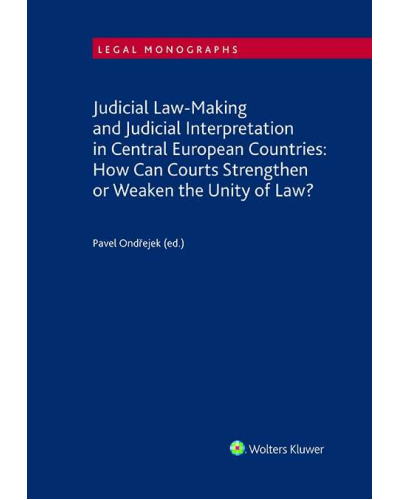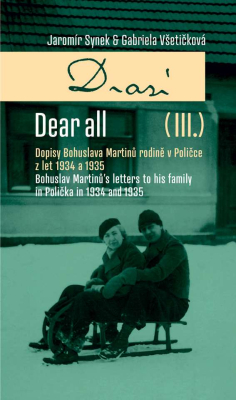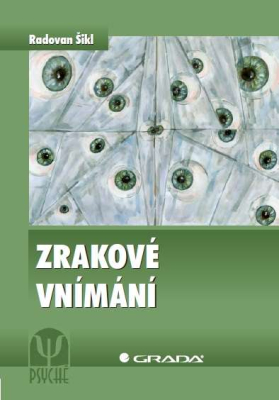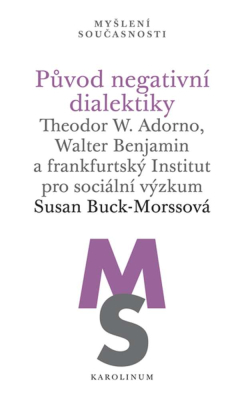Judicial Law-Making and Judicial Interpretation in Central European Countries: How Can Courts Strengthen or Weaken the Unity of Law?
Nakladatelství: Wolters Kluwer
Autor: Pavel Ondřejek
Ochrana: sociální DRM
Rok vydání: 2022
Počet stran: 228
Jazyk: en
Formát: EPUB | MOBI
Cena s DPH: 835 Kč
Cena bez DPH: 835 Kč
This book reflects on the changing role of the judiciary in Central Europe. From among the many problems associated with the position of courts in contemporary states, the authors focus on various questions of how the courts’ decision-making can reinforce the overall coherence of the law, rather than contribute to its fragmentation. These questions are as follows, for example: What role can be played by the way judges use interpretation methods in terms of strengthening or weakening the law as a system? Is it legitimate for the courts to formulate, in their decisions, general principles and rules which have a potential to impact a very broad circle of future cases? What is the role of courts in strengthening the unity of law in relation to the other branches of government, and to international bodies and institutions? The first part of the book focuses on the theoretical and doctrinal foundations of judicial law-making in Central European countries. The authors deal with topics concerning the relationship among the judiciary, the constitution and statutory law; legal casuistry, as opposed to a systemic approach to law; judge’s decision-making in a situation where there is no a priori regulation; and the role of settled practice in terms of the traditional doctrine on the sources of law. The second part then deals with pro-systemic and anti-systemic effects of judge-made law and judicial interpretation; this part also tackles the issues of maximalism and minimalism in judicial decision-making; judicial law-making with regard to constitutional complaints; coherence of law in connection with retrospective effects of case law; and finally, the legitimacy of evolutive interpretation in the light of the principles of human rights protection developed by the European Court of Human Rights.
Můžeme Vám poradit?
Pokud jste nenašli všechny informace v popisu produktu, neváhejte nás kontaktovat. Rádi vám pomůžeme s výběrem.








Komentovat produkty smějí pouze registrovaní uživatelé.
Komentáře
Produkt nemá žádné komentáře.